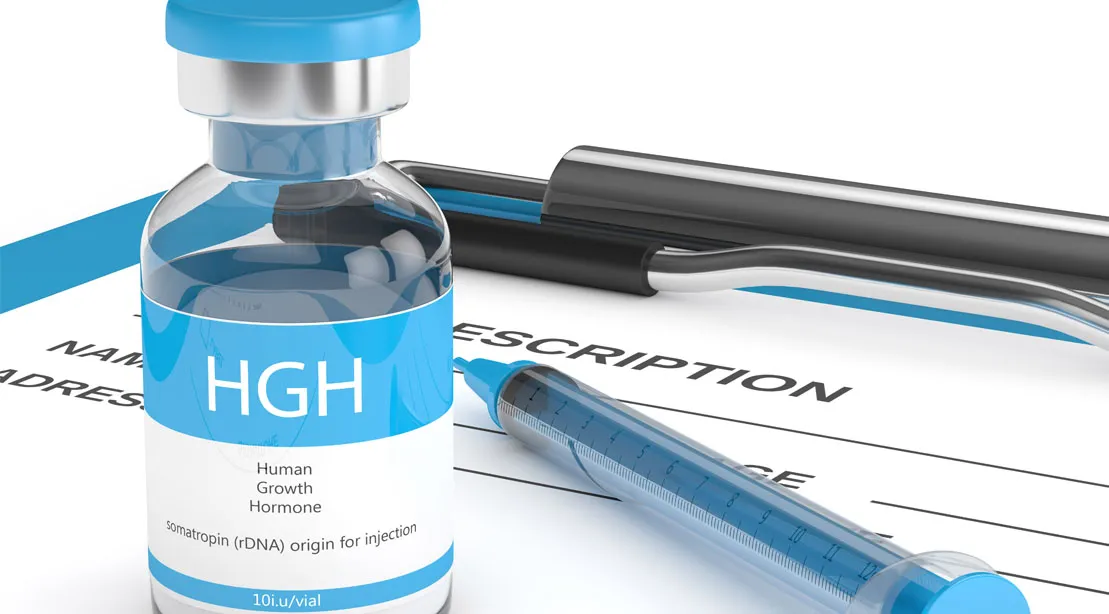
Exploring Human Growth Hormone (HGH): Benefits, Uses, and Considerations
Introduction:
Human Growth Hormone (HGH) has garnered significant attention for its potential to influence growth, development, and overall well-being. While it’s widely known for its role in childhood growth, HGH continues to be a topic of interest for its potential benefits in adults as well. In this article, we delve into the world of HGH, its benefits, uses, and important considerations for those considering its use.
Understanding Human Growth Hormone (HGH):
HGH is a peptide hormone produced by the pituitary gland, a small structure located at the base of the brain. It plays a crucial role in promoting growth, cell reproduction, and regeneration in the body. During childhood and adolescence, HGH levels are at their peak, contributing to the rapid growth and development experienced during these stages.
Benefits of HGH:
Certainly, here are some detailed hgh benefits : (Human Growth Hormone)
Muscle Growth and Strength:
HGH stimulates the production of insulin-like growth factor 1 (IGF-1), which plays a significant role in muscle growth and repair. This is why athletes and bodybuilders have shown interest in HGH, as it may help increase muscle mass and enhance physical performance.
Fat Loss:
HGH can aid in fat metabolism by encouraging the breakdown of stored fats and promoting the utilization of fatty acids for energy. This can lead to a reduction in body fat and improved body composition.
Bone Health:
HGH is vital for bone growth and mineralization. It helps increase bone density and strength, making it crucial for overall skeletal health. This is particularly important in preventing conditions like osteoporosis.
Cell Regeneration and Healing:
HGH plays a role in cell regeneration, which is essential for maintaining healthy tissues and organs. It can also aid in wound healing and tissue repair.
Enhanced Exercise Capacity:
Some studies suggest that HGH can improve exercise capacity by increasing oxygen uptake and endurance. This can be beneficial for athletes and individuals looking to improve their physical performance.
Improved Sleep Quality:
HGH secretion peaks during deep sleep stages, indicating its role in regulating sleep patterns. Adequate HGH levels contribute to better sleep quality, which is essential for overall health and well-being.
Anti-Aging Effects:
While the term “fountain of youth” might be an exaggeration, HGH has been associated with certain anti-aging effects. It can help improve skin elasticity and reduce the appearance of wrinkles, making the skin look more youthful.
Metabolic Effects:
HGH can have a positive impact on metabolism, promoting the use of carbohydrates for energy while sparing protein breakdown. This can help maintain lean body mass and prevent muscle catabolism.
Cognitive Function:
Some studies suggest that HGH might play a role in cognitive function, memory, and mental clarity. However, more research is needed to fully understand this relationship.
Mood Enhancement:
HGH has been linked to mood regulation and emotional well-being. Some individuals undergoing HGH therapy have reported improvements in mood and a reduction in symptoms of depression.
Immune System Support:
HGH contributes to a healthy immune system by promoting the production of immune cells. This can help the body better defend against infections and illnesses.
Heart Health:
Some research suggests that HGH may have a positive impact on cardiovascular health by improving heart function, reducing the risk of heart disease, and maintaining healthy blood lipid levels.
It’s important to note that while these potential benefits of hgh are intriguing, not all of them are universally experienced by everyone using HGH. Additionally, the use of HGH for off-label purposes, such as anti-aging or performance enhancement, is a topic of debate and requires careful consideration under the guidance of a healthcare professional. Always prioritize your health and well-being by seeking expert medical advice before considering any form of HGH therapy.
Uses of HGH:
While HGH is naturally produced in the body, synthetic versions are also available for medical use. Some common medical uses of HGH include:
Growth Hormone Deficiency:
Children with growth hormone deficiency may receive synthetic HGH to promote normal growth and development.
Turner Syndrome:
Girls with Turner syndrome, a genetic disorder that affects growth, might benefit from HGH therapy.
Chronic Kidney Disease:
Individuals with chronic kidney disease may experience growth hormone deficiency. HGH therapy can help mitigate some of the growth-related issues.
HIV/AIDS-Related Muscle Wasting:
HGH has been studied as a potential treatment for muscle wasting in people with HIV/AIDS.
Important Considerations:
Consult a Medical Professional: If you’re considering HGH therapy, it’s crucial to consult a qualified medical professional. They can assess your specific health situation and determine whether HGH is appropriate for you.
Potential Risks:
While HGH can offer benefits, its misuse or overuse can lead to adverse effects. These may include joint pain, fluid retention, high blood pressure, and increased risk of diabetes.
Legality:
HGH is available by prescription only and is regulated by health authorities. Be cautious of sources offering hgh for sale without a prescription, as these may be illegal or of questionable quality.
Cost:
HGH therapy can be expensive, and insurance coverage may vary. It’s important to consider the financial implications before buy hgh pursuing treatment.
Conclusion:
Human Growth Hormone (HGH) plays a pivotal role in growth, development, and overall health. Its benefits are numerous, ranging from enhanced muscle growth to potential anti-aging effects. While HGH therapy can offer advantages, it’s essential to approach it with caution and under the guidance of a medical professional. Before considering HGH for any purpose, individuals should thoroughly research, understand the potential risks, and make informed decisions about their health and well-being.







